
Link Building Case Study: How We Elevated a Medical Directory to #1 on Google
For Private Practices, Clinics, and Healthcare Professionals Who Want More Patients — Not Just More Traffic.
A data-driven link acquisition campaign that improved domain authority, secured editorial placements, and helped rank a national healthcare brand at the top of Google search.
Our team identified authoritative websites, performed strategic outreach, and earned backlinks that directly contributed to sustained SEO performance and long-term visibility.
28+
Editorial Backlinks Secured
Top 1
Primary Keyword Rank Achieved
+138%
Organic Traffic Growth
13,277+
SEO Campaigns Completed
250+
Healthcare Clients Served
4.9 ★
Average Satisfaction Score

Technical SEO Case Study: Laying the Groundwork for Search Visibility
We resolved indexation issues, improved site performance, and implemented structured data — creating a solid technical foundation for sustainable rankings.
These upgrades ensured search engines could properly crawl, index, and evaluate the site while delivering a faster and more accessible experience for users.
+49%
Improvement in Crawl Efficiency
90+
Lighthouse Performance Score
100%
Mobile-Friendly Compliance
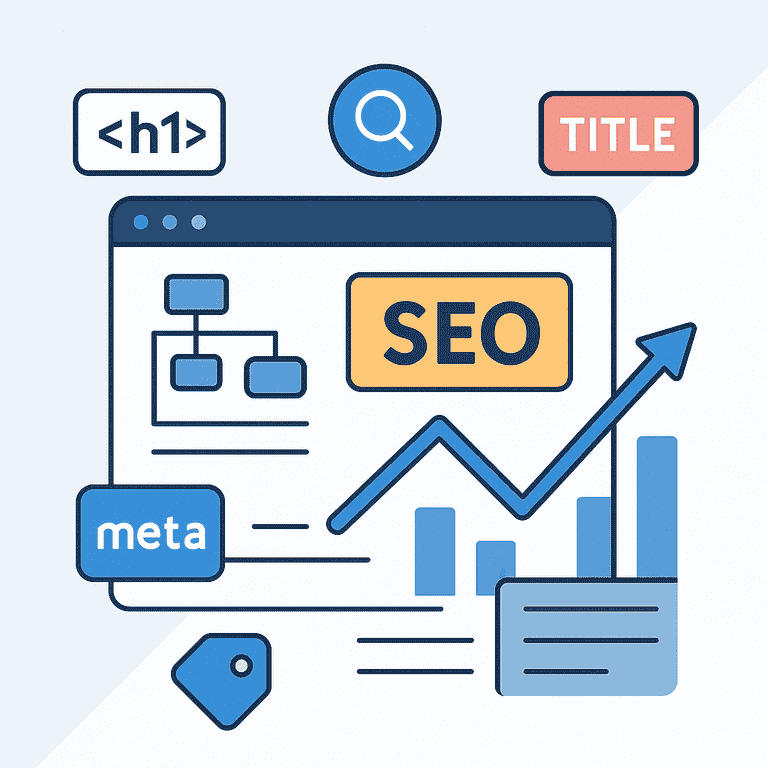
On-Page SEO Case Study: Aligning Content with Search Intent
We optimized metadata, internal linking, and content structure to improve search visibility and deliver a more intuitive experience for visitors.
These updates ensured each page was targeting the right keywords, sending stronger relevance signals to Google, and providing a clear next step for users.
+32%
Increase in CTR from Organic Search
120+
Pages Audited & Updated
+18%
Average Time on Page Increase
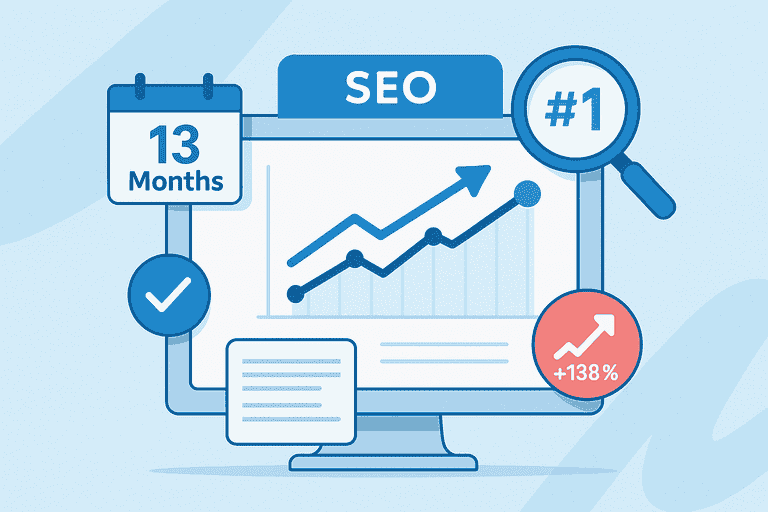
Sustained Execution: 13 Months of Measurable SEO Growth
We delivered consistent monthly improvements across rankings, visibility, and traffic through disciplined execution and responsive optimization.
With each cycle of reporting, auditing, and iteration, we moved closer to — and ultimately reached — the client’s #1 keyword goal.
13 Months
Consistent SEO Execution
#1
Google Rank for Primary Keyword
+138%
Increase in Organic Traffic
Our Proven SEO Execution Framework
Every campaign we run follows this process — data-driven, phased, and designed for long-term SEO growth.
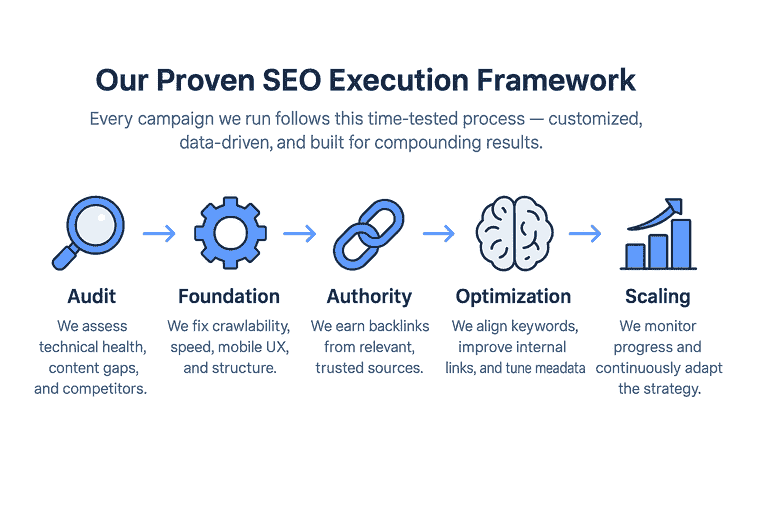
Our Proven SEO Execution Framework
Every campaign we run follows this time-tested process — customized, data-driven, and built for compounding results.
Audit
We assess technical health, content gaps, and competitors.
Foundation
We fix crawlability, speed, mobile UX, and structure.
Authority
We earn backlinks from relevant, trusted sources.
Optimization
We align keywords, improve internal links, and tune metadata.
Scaling
We monitor progress and continuously adapt the strategy.
Discover Tools and Tactics That Actually Work
Want to see how we drive real SEO growth for service businesses? Explore these curated resources — built for entrepreneurs who want traction, not theory.
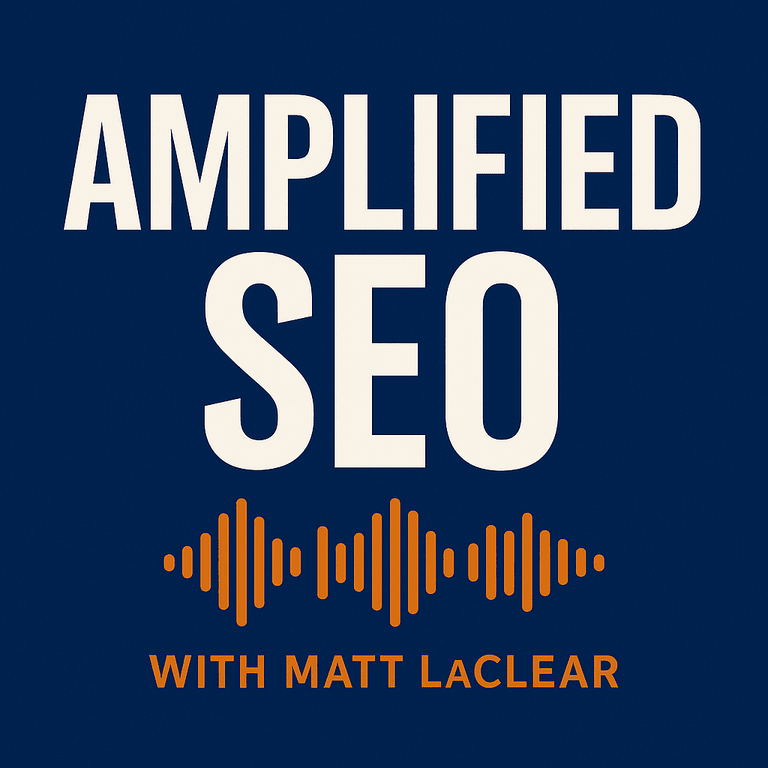
🎧 Amplified SEO Podcast
Behind-the-scenes SEO insights and real-world marketing lessons for growing your business organically.
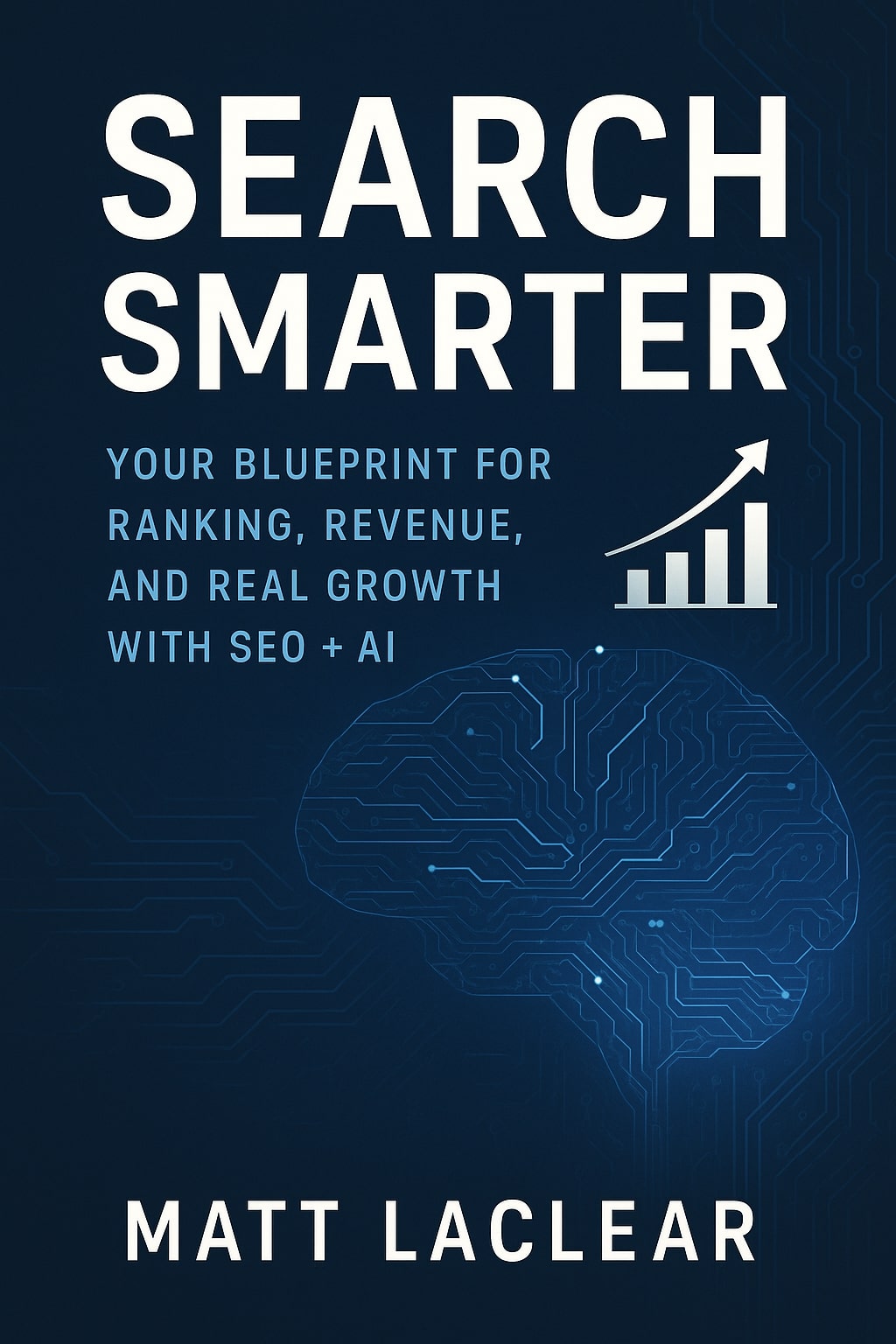
📘 SEO Strategy Book (Free)
Packed with AI prompts, step-by-step walkthroughs, and actionable SEO guidance tailored for small businesses.
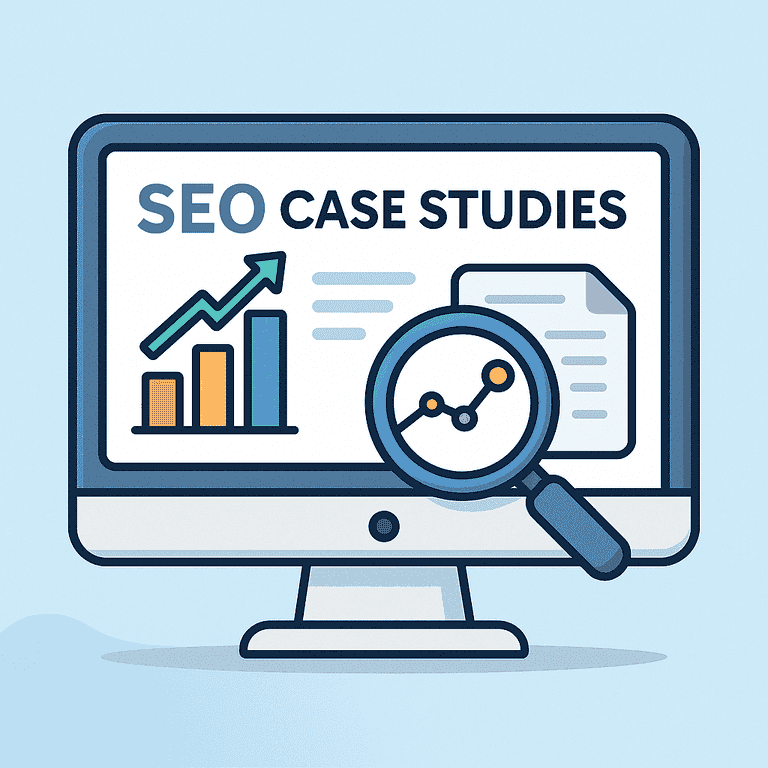
📈 SEO Case Studies
See how we help real clients gain rankings, traffic, and revenue across a range of industries and use cases.
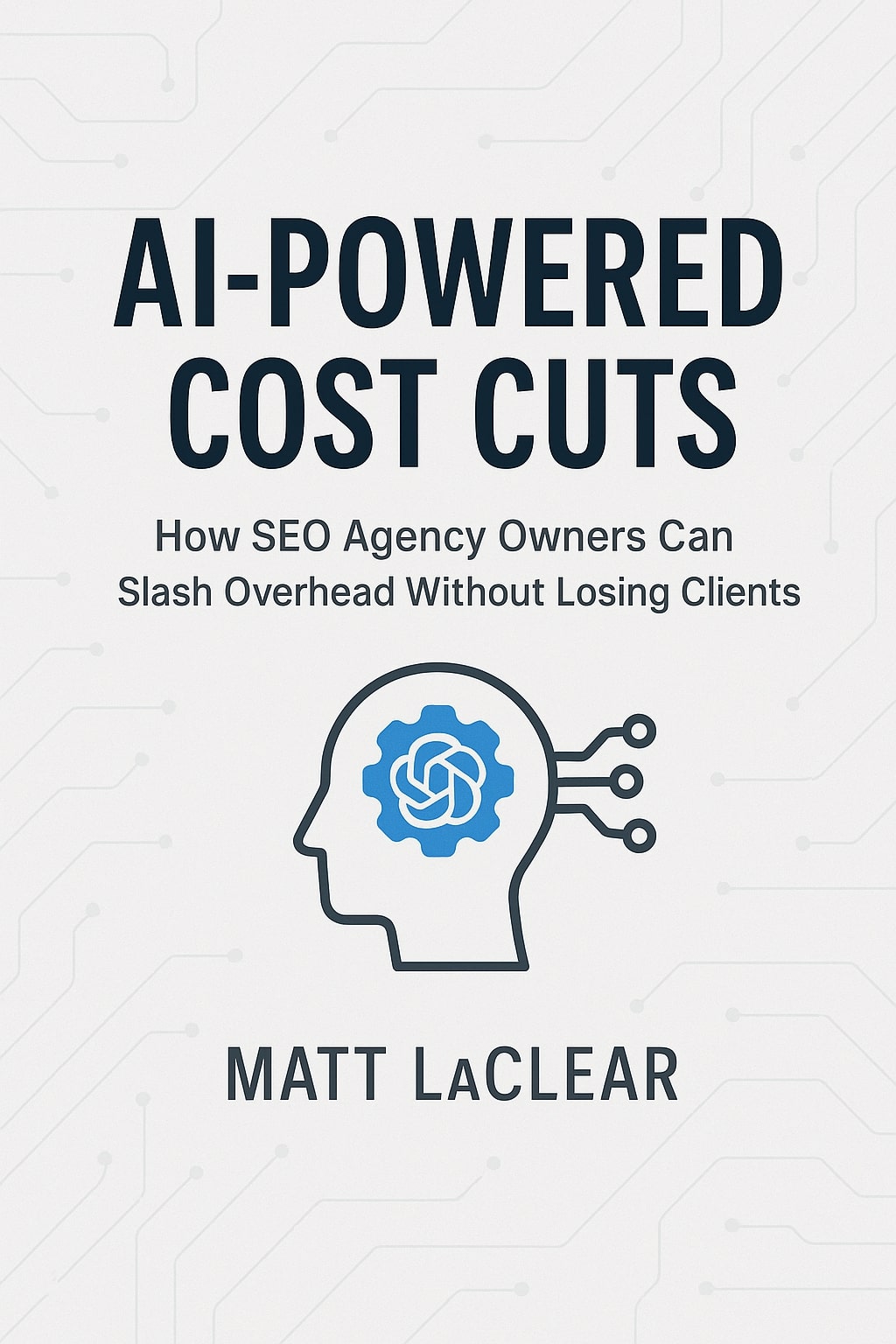
📗 Agency Playbook on Amazon
Go behind the curtain: how we built an AI-enhanced SEO agency with lean systems and scalable campaigns.

💬 Personalized Strategy Call (Free)
Talk with our team and walk away with a tailored plan to improve your site's traffic and visibility — no obligation.